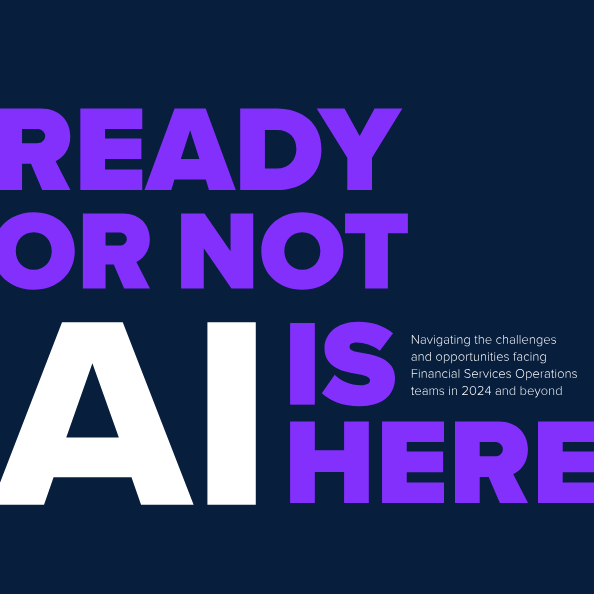
Decision Paralysis: 92% of financial operations leaders in Australia lack trust in their data
Nearly all (92%) financial operations leaders in Australia have revealed that they lack trust in their data, with 33% routinely forced to make decisions on obsolete data that is more than two months old. While support for Artificial Intelligence (AI) remains strong in terms of streamlining operations, many lack the right kind of data environment to leverage the technology to its fullest potential. All businesses (100%) revealed that it takes “significant effort” to derive meaningful insights from their data pool.
This is according to a new international study commissioned by ActiveOps, a leading provider of AI-powered decision intelligence for service operations. The Censuswide survey, which gathered insights from Chief Operating Officers, Chief Financial Officers, and Senior Heads of Operations within Australia’s financial services sector, revealed that their top priorities were retaining and supporting employees, increasing employee productivity, and improving sustainability. While 90% believed that employee engagement would improve with access to real-time data, one in five had to rely on week-old data, and one in three had to rely on data that was two months old. More than 90% believed that if they had trusted data, it would enable them to make more effective decisions.
The findings, which are shared in an ActiveOps report titled Ready Or Not AI Is Here, suggest that financial services institutions in Australia do not yet have the right kind of data environment to support advanced AI initiatives. For AI to be implemented and used to its fullest potential, data must be up-to-date, correctly classified, and available across the organization instead of confined to departmental silos. Failure to achieve this results in “data irrelevance”, which is what many of those surveyed in Australia are currently experiencing.
This has not dampened support for AI, with 45% strongly believing that AI will help them make more informed, real-time decisions. However, lack of access to real-time, trusted data is a potential roadblock to further AI development and is fostering mistrust in the technology. This mistrust, caused by data irrelevance and poorly optimized data environments, is leading to a form of “decision paralysis” as confidence in data and analytical output is diminished.
Summary of key findings:
- 92% believe that if they had trusted data, they could make more effective decisions
- 90% think that employee engagement would improve with real-time data
- Half of those surveyed believe AI will enable more decisions to be made in real-time
However:
- 1 in 3 are forced to base decisions on data that is more than two months old
- 40% have no access to any form of real-time data
- 100% agree that it takes “significant effort” to get insights from their data
This friction when it comes to AI adoption is not unique to Australia. The same study, which looked at several countries including the US, Canada, New Zealand and the United Kingdom, found that, globally, 98% of respondents face significant challenges when adopting AI for gathering, analyzing, and reporting data.
“There is clearly an appetite for AI among financial operations leaders in Australia,” commented Anna Itsiopoulos, Managing Director, APAC at ActiveOps. “Real-time data combined with AI-driven analytics can be a game-changer for the sector, but only if the right data environment is nurtured to support it. Data must be cleansed, classified and made securely accessible across the organization in order for AI initiatives to perform well, otherwise the complexity of AI could do more harm than good. Businesses need to rewind, step back, and ensure they have a strong data foundation before they leap into AI or inch closer to their AI objectives.”

